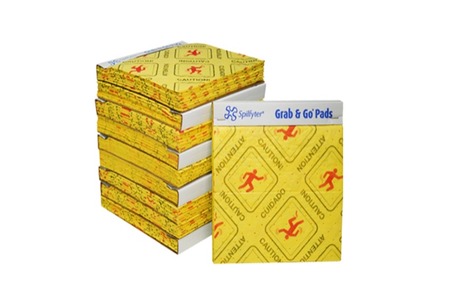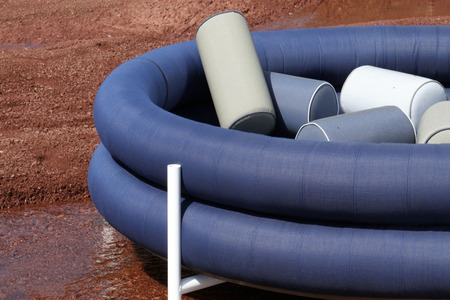
Indian jute industry cringes
YarnsandFibers News Bureau 2016-12-30 14:00:00 – KathmanduA major exporter of jute to Europe, the country has now shrunk to producing only 17,000 tonnes of jute. The jute industry has been dropped from the government’s priority list even though demand for more ecological packaging globally has strengthened its export potential. The government has also removed subsidies on fertilizers, seeds and pond construction.
Import of jute to India have also come to a complete halt for the last two weeks after Indian customs authorities abruptly imposed a 12.5 percent excise duty on goods made of natural fibre, traders said. Jute products from Bangladesh are exempt from the tax.
Earlier, the Indian Finance Ministry had recommended to its anti-dumping department to charge 2.5 percent duty on jute rope, 1.5 percent on hessian jute fabric and 5 percent on jute sacks.
Ramesh Rathi, vice-president of Jute Industry Association said that exports of jute products have come to a complete halt since December 15 after India imposed a 12.5 percent duty on hessian jute fabric and jute sacks. He added that the duty had not been imposed on jute rope. Most of the jute products made in Nepal are exported to India. It has been confusing that excise duty has been imposed on only two products made of jute fibre.
Jute producers have been importing 70 percent of their raw materials from India and exporting the finished products to the southern neighbour. Nearly 95 percent of Nepali jute is exported to India.
Traders said that Nepali factories produce jute products valued at more than Rs2.5 billion annually. Extended load shedding hours, labour issues and lack of incentives had forced most of local jute factories to shut down. Among the 12 factories in the country, only four -- Arihant, Raghupati, Baba and Swastik -- are still in operation.
These mills employ 12,000 workers. Rathi said that traders had been unable to export jute goods to India due to the hefty excise duty. Most of the operating mills have already stopped production.
Market Intelligence
Ask for free sample Report

experience
Customer Base
dedicated team
Countries Served Worldwide









